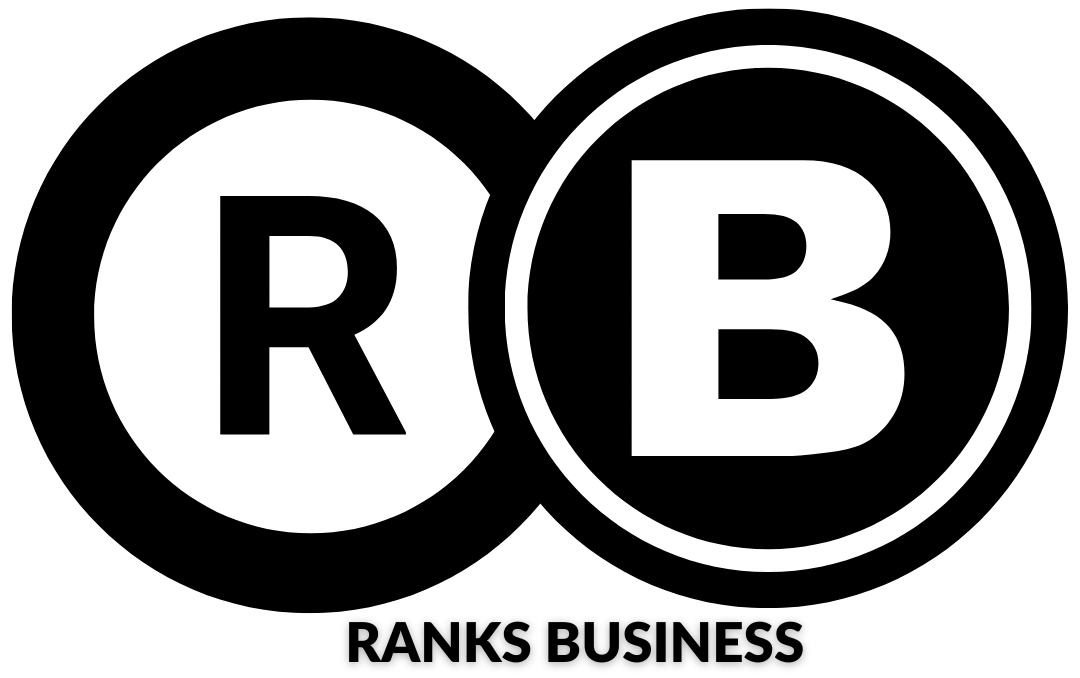The average prices of goods rose the highest year-on-year in Ondo, Kogi, and Rivers states, according to the National Bureau of Statistics.
This is as inflation in the country rose to 22.41 per cent in May, the NBS disclosed. In the ‘Consumer Price Index’ for May 2023, inflation for the three states was higher than the national average.
The average prices of goods rose the highest year-on-year in Ondo, Kogi, and Rivers states, according to the National Bureau of Statistics.
This is as inflation in the country rose to 22.41 per cent in May, the NBS disclosed. In the ‘Consumer Price Index’ for May 2023, inflation for the three states was higher than the national average.
Looking at the movement, the May 2023 inflation rate showed an increase of 0.19 per cent points when compared to April 2023 headline inflation rate. Similarly, on a year-on-year basis, the headline inflation rate was 4.70 per cent points higher compared to the rate recorded in May 2022, which was (17.71per cent).”
The body noted that in May, the average prices of things rose by 0.03 per cent. It also stated that the percentage change in the average CPI for the twelve months period ending May 2023 over the average of the CPI for the previous twelve months period was 21.20 per cent, showing 4.75 per cent increase compared to 16.45 per cent recorded in May 2022.
The continued increase in inflation is despite a continuous hike in Monetary Policy Rate, by the Central Bank of Nigeria, from 11.5 per cent earlier last year to 18.5 per cent in April 2023.
While justifying the increase in MPR, the now suspended CBN Governor, Godwin Emefiele, said, increases in MPR was slowing the growth of inflation.
However, the Lagos Chamber of Commerce and Industry is convinced that rates hikes are not producing the required results.
In a statement signed by its Director-General, Chinyere Almona, in March, the chamber urged, “Inflation chips away at purchasing power leads to inventory stockpiles, undermines growth, and creates a lot of economic uncertainties. Taming it, however, should not be done at the expense of growth and the most vulnerable sectors.”
According to the World Bank, inflation has eroded Nigeria’s N30,000 minimum wage by 55 percent and pushed five million people into poverty in 2022.
This increase in inflation is making goods unaffordable for Nigerians, with the Manufacturers Association of Nigeria stating that the value of unsold goods held by Nigerian producers increased by 22 per cent to $1bn at the end of 2022.
The Director-General of MAN, Segun Ajayi-Kadir, told Bloomberg, “The high inventory is attributed to low purchasing power in the economy, following the continuous increase in inflationary pressures.”
According to the Deputy-President of the Lagos Chamber of Commerce and Industry, Gabriel Idahosa, the administration of Buhari failed to tackle inflation.

